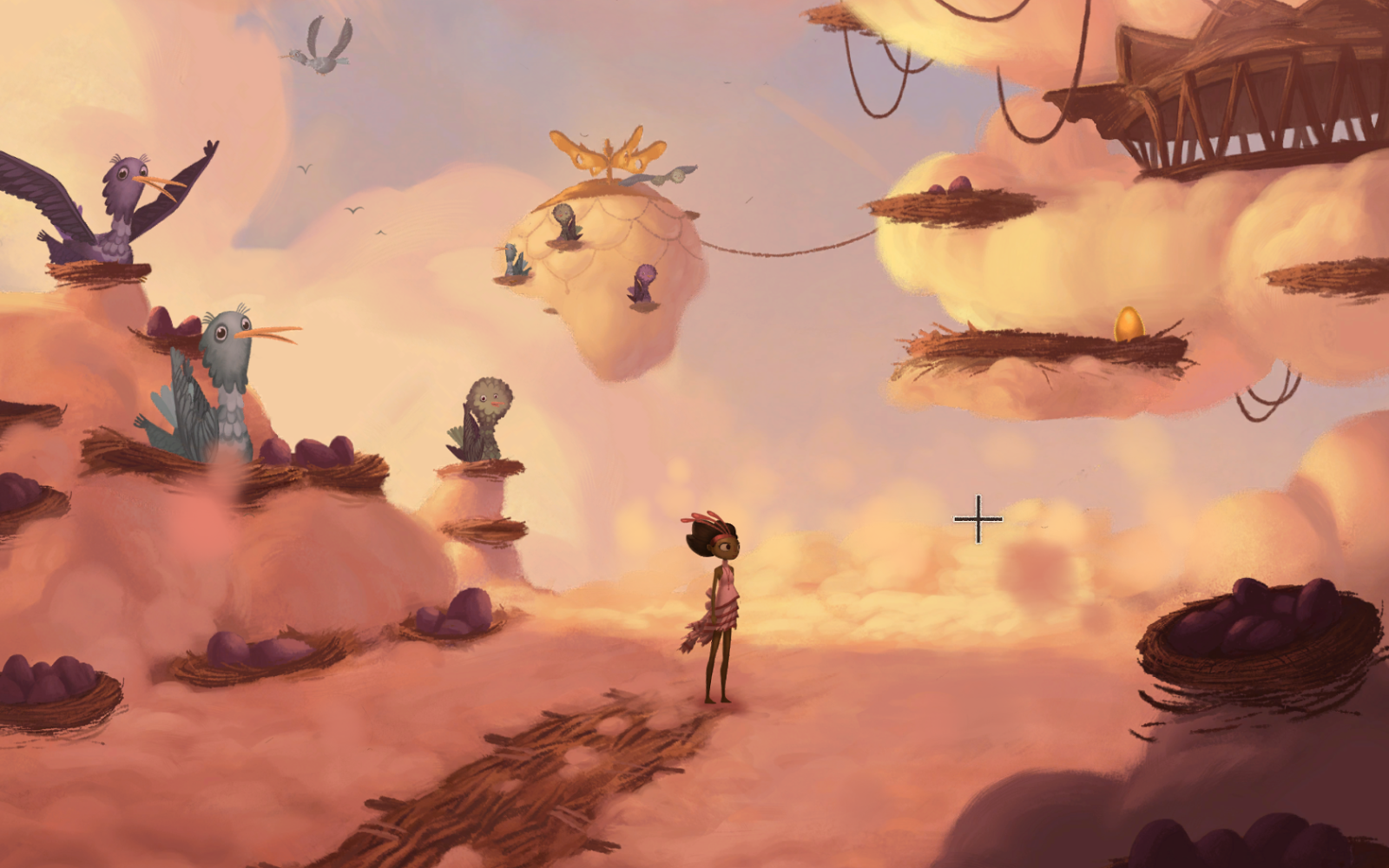Action platforming MOBA at it's finest
I have been a fan of MOBAs for most of the year now. My work doesn't take me near human contact for most of the day. So when I get home and look for some qualifications of the games I want to play, multiplayer is a definite attractor. Thus, MOBA is a natural genre for me to ease into and get some much needed human contact, no matter how venomous the comments.
During my first game, I felt as though I wasn't even playing with humans. You are constantly moving and jumping, controls which take both your hands, and every second counts since the arena is much smaller than most MOBAs. So there wasn't much time to type, and as far as I could tell there wasn't voice activated from allies mics. It is quite a different experience to play with the basic communications that are provided by the game. Each of the several number different buttons that are quickly accessible allow you to communicate ideas that are basic to every MOBA. Retreat, attack, help, and the like are all communicated through generic terms to your teammates instantly. Fortunately there aren't sarcastic or abrasive comments that can be communicated so quickly so the entire thing turns out often to be relaxing and fun, even if you end up losing. There is of course a chat option, but I found it unnecessary and not often used by others either.
The mechanics of battle remind me of platforming action akin to Smash Brothers. Though unlike that genre, special abilities have cooldowns. So you can use them as they come available, but are disabled for some time after their use and you are left with just a simple attack button. Fusing the two concepts actually works very well. The most important aspect to combat then is positioning and timing. This allows for a very gradual learning curve after beginning to learn the game, eventually breaking into the concept of meta and having to change your tactics based on the current trends of combat and the game. So even though the game might be more simple than say DOTA, it still has a sense of depth.
I will thank the creators for breaking down the timing of modern MOBAs because the constant stress of being put against other humans, and having to remain evasive for more than 20 minutes in an action platformer can be very strenuous on my hands. Luckily, rarely did a match extend beyond that time. It seems to be the median time that you can spend in a game, many ended before that as pushing strategies were involved.
Other great things that I enjoyed about the game: The reduced dependance on items (though there are some tactical choices in your purchases), faster respawn times, unique characters, and a great system for cosmetics. Cosmetics are a big attractor to me for a MOBA, as they are a way to customize the game to your preferences. I think the art style is very appropriate, and many of the cosmetics are either comical or very well constructed for the character type. Some immersion is broken for some of the cosmetics, like the minecraft model for one of the characters. However this is a game that never takes itself so seriously as to not allow for such concessions.
I enjoyed my time with Awesomenauts and I will be glad to come back to it as a game that has a lot of replayability. Not only that but the development team are still working on creating new and interesting characters and cosmetics. Even developing the AI to be better on a consistent basis. So even if you purchase this game now, you won't be disappointed with the future prospects. This is definitely something to look into if you enjoy MOBAs but need a break from the seriously competitive play that pervades the attitudes of their populations.
You'll like this game if: you're tired of more serious MOBAs but don't to leave the genre entirely behind. Great gameplay, fun characters, and quick matches are the star qualities of this game.
(If you had a different opinion or a new video game to suggest, leave a comment below! If you want to recieve regular updates, follow me on Twitter @SimonGolden. )



























